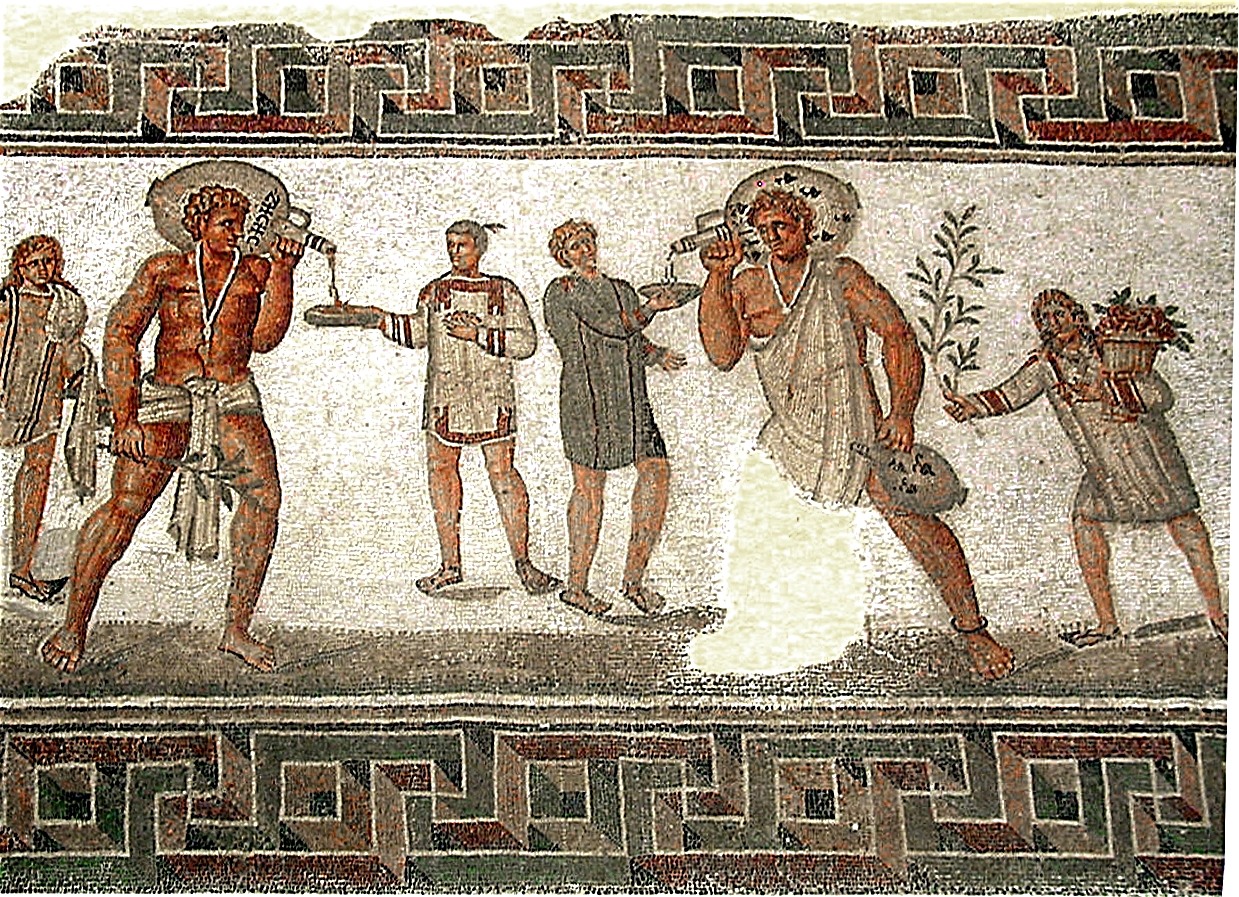Are you a slave or child of God?

Galatians 4:3-5 – In the same way we also, when we were children, were enslaved to the elementary principles of the world. But when the fullness of time had come, God sent forth his Son, born of woman, born under the law, to redeem those who were under the law, so that we might receive adoption as sons.In the ancient world, your rights, freedoms, and future were largely determined by your social status. If you were a slave, your future was bleak. If you were a son, your future was bright.
There was one exception, however. Even though an adult, a slave could still be adopted as a son. On a rare occasion, this did happen, the family inheritance and all of its blessings were passed on to the slave who had become a son. That simple change in legal status literally changed everything for a person’s life and legacy. In the context of the New Testament, when believers are referred to as sons of God, this is a legal status for men and women. In that day, sons and not daughters were given the full benefits of legal inheritance. In saying that women are also in the legal status of a son with God, it is saying they are not a second class but rather fully honored and blessed as men in Christ.
What Paul is saying is that we are all born as slaves to sin because of our first father, Adam. We inherit his fallen state of a slave to sin. But God sent his Son, Jesus Christ so that we could be set free from slavery and adopted into sonship. Therefore, we are now given the blessings and benefits of sonship such as forgiveness of sin, relationship with God, and eternal life.
Tragically, some people have been made sons but retain the mindset of a slave. They continue to live out of old patterns of thinking and living that are not living up to the fullness of what God their Father intends for them. Here’s a comparison:
Slave VS Son
Controlling relationship VS Loving relationship
Powerless VS Empowered
Works-based lifestyle VS Grace-based lifestyle
Forever out of the family VS Forever in the family
Honestly, do you think of yourself more like a son or a slave?
Author: M. Driscoll

